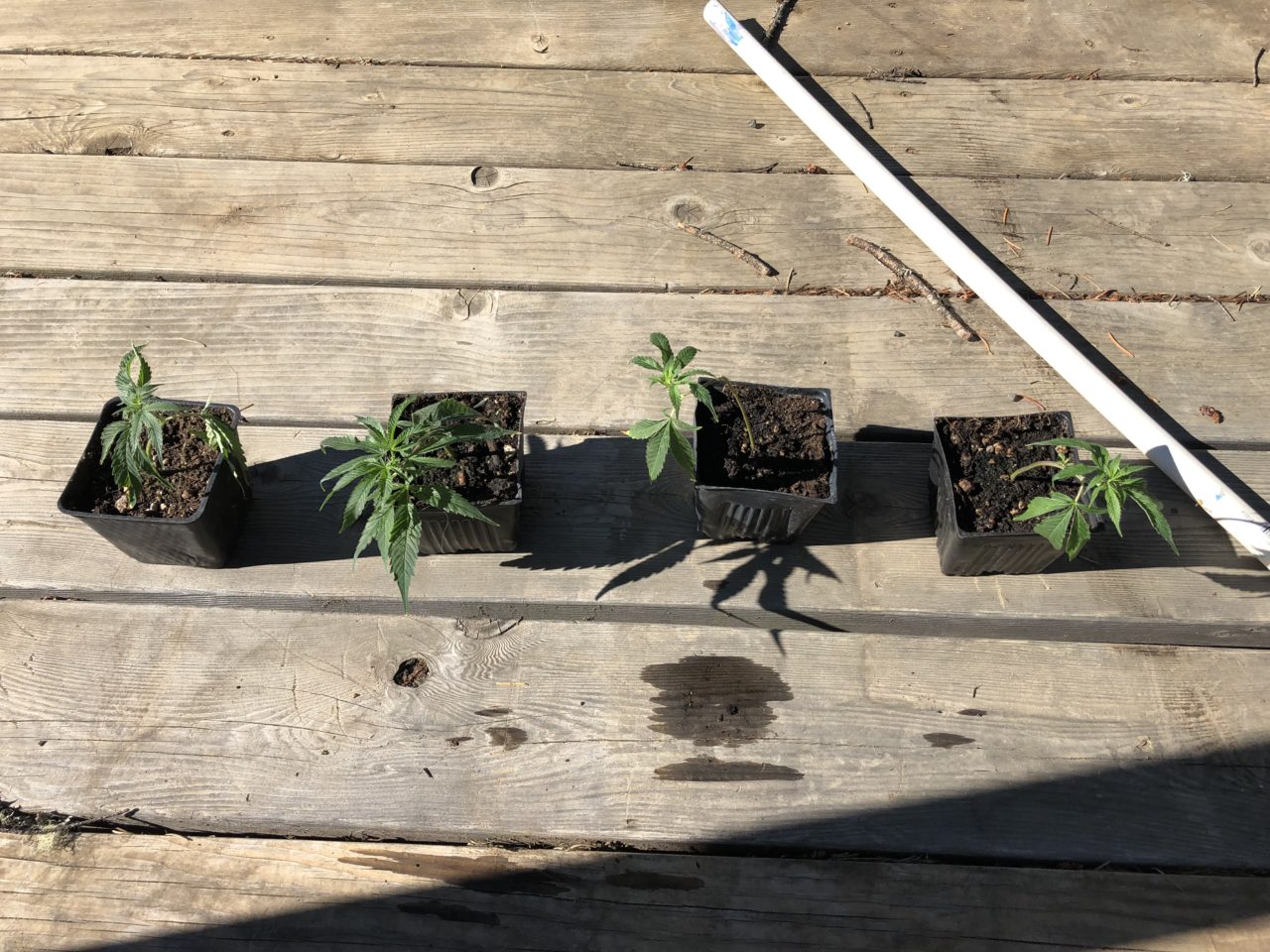
Oregon Law Enforcement Seizes Illegal Cannabis Plants, Leaving Four Plants Behind
The Josephine Marijuana Enforcement Team (JMET) worked with the Josephine County Code Enforcement to raid the farm on August 4 in Selma, in the southwestern region of Oregon. In addition to the confiscation of over 140 plants, 200 pounds of illegal cannabis were also confiscated and destroyed.
According to the Josephine County Sheriff’s Office, the size of the addition wasn’t a big deal. “While the size of this grow operation was not large compared to others we’ve seen this year, it was well above the legal limit of four plants allowed under Oregon state law,” the department wrote in one Marijuana Search Warrant Document. Just days before this raid, JMET executed four more search warrants and found over 12,000 plants and over 4,535 kilograms of processed cannabis.
However, the report shortly went into why they left four plants behind. “JMET always leaves behind four legal marijuana plants when we dismantle each grow facility,” the report continued.
One person was arrested at the site of the latest raid, a 51-year-old man charged with illegal cannabis manufacture and possession. It could also result in a “civil forfeiture of property” due to other on-site violations, including “multiple electrical and waste code violations.” It was not specified who would take care of the four remaining cannabis plants while the arrested person was away.
According to NORML, growing four to eight plants in Oregon is a misdemeanor, with the possibility of a six-month prison sentence and a fine of up to $2,500. Growing more than eight plants is a felony punishable by up to 5 years in prison and a fine of up to $125,000.
In October 2021, the Jackson County board of directors declared a state of emergency over the influx of illegal cultivation and asked Gov. Kate Brown for assistance. “Since recreational marijuana was legalized by Oregon voters in the November 2014 general election, the illegal and unlawful production of marijuana in our county has overwhelmed the ability of our county and state regulators to enforce the appropriate laws in our community,” said Jackson County Commissioner Rick Dyer.
Governor Brown’s spokesman, Charles Boyle, reiterated the governor’s support regarding the need for assistance. “The message is clear – Oregon is not open to the illegal cannabis cultivation business,” Boyle said. “These are criminal enterprises that are depleting water resources while our state is in a drought, keeping their workers in inhumane conditions, and seriously damaging our legal cannabis market.”
In December 2021, Gov. Brown passed Senate Law 893, which earmarked $25 million to fund state law enforcement agencies and local community organizations to fight illegal cultivation. Senator Jeff Golden, who backed the measure, explained the harms of illegal cannabis cultivation to both the environment and legal growers. “Illegal cannabis operations in southern Oregon have used our limited water supply, abused local workers, threatened neighbors and negatively impacted businesses run by legal marijuana growers,” Golden said last year.
Oregon has also become home to legislation that will soon allow legal psilocybin therapy programs. The first set of rules will come into effect in January 2023, the rest will be completed by December 31, 2023. However, some regions in Oregon, such as Linn County, have approved or are considering a ban on psilocybin treatment centers. People such as Linn County Commissioner Roger Nyquist have raised concerns about potential damage. “My fear is that young people will pick mushrooms and go out and do things that could cost them their lives,” Nyquist said. “I just think it’s appropriate to refer this measure to Linn County voters and give them a say, especially because they didn’t vote for this measure at all.”

Post a comment: